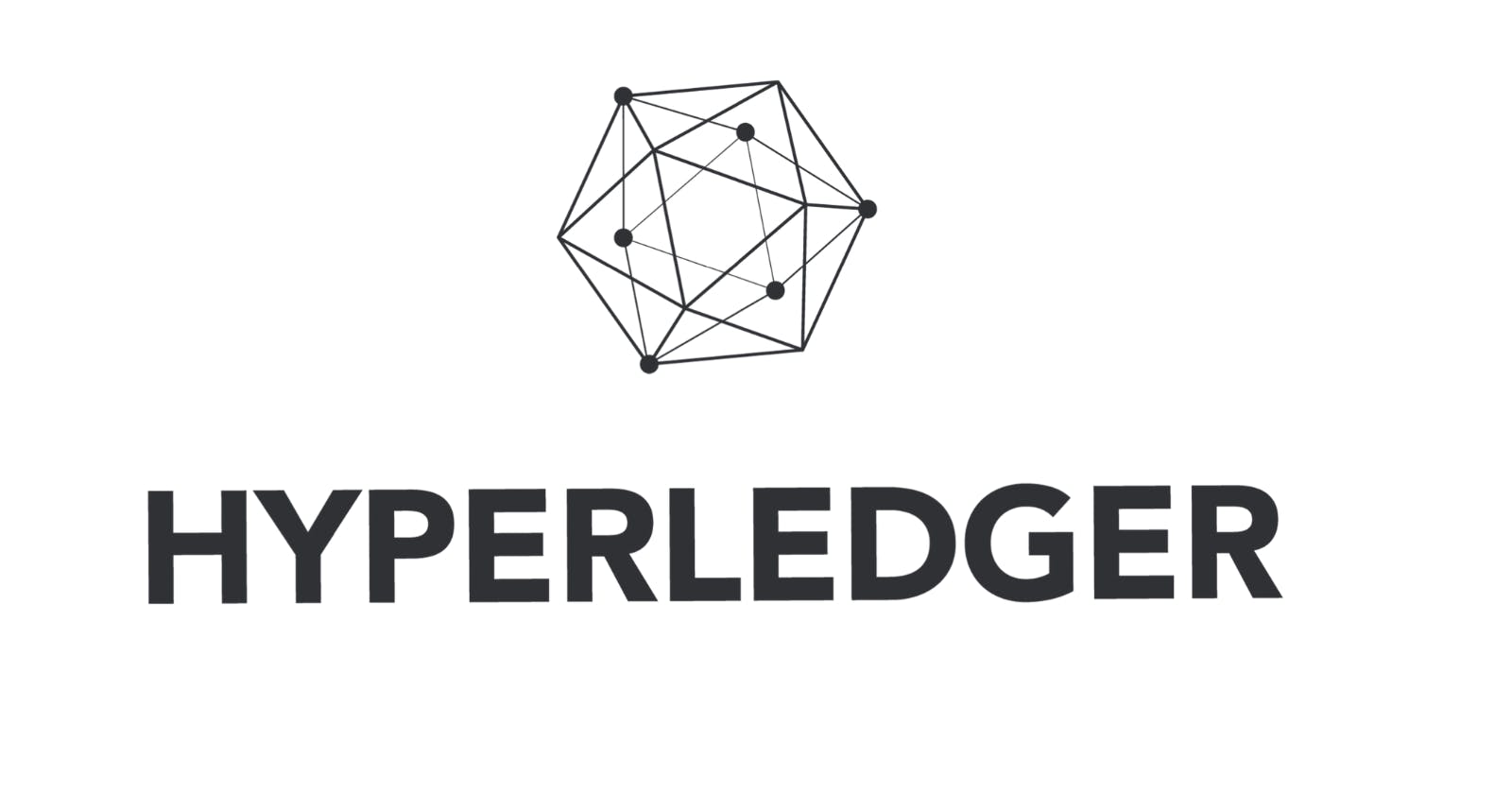In the ever-evolving landscape of blockchain technology, Hyperledger has emerged as a leading open-source framework for building enterprise-grade blockchain solutions. Developed by the Linux Foundation in 2015, Hyperledger is not a single blockchain platform but rather a collaborative effort that encompasses a suite of modular tools, libraries, and frameworks aimed at facilitating the development of distributed ledger applications. Companies such as IBM, Intel, and SAP Ariba have contributed to the collaborative development of blockchain-based distributed ledgers. In October 2021, the initiative was renamed the Hyperledger Foundation.
Hyperledger was established with the vision of providing a neutral, cross-industry platform for creating permissioned blockchain networks. Unlike public blockchains such as Bitcoin or Ethereum, where anyone can participate and access the network, Hyperledger focuses on private and consortium blockchains that require permission to join. This approach makes it particularly suitable for businesses and organizations looking to leverage the benefits of blockchain technology within a trusted and controlled environment.
One of the key strengths of Hyperledger lies in its modularity and flexibility. It offers a range of blockchain frameworks that cater to diverse use cases and industry requirements. Some of the prominent frameworks within the Hyperledger ecosystem include Hyperledger Fabric, Hyperledger Besu, Hyperledger Sawtooth, and Hyperledger Indy.
Hyperledger Fabric is perhaps the most well-known framework and serves as a foundation for developing enterprise blockchain applications. It enables the creation of permissioned networks with high scalability, privacy, and confidentiality features. Fabric utilizes a modular architecture, allowing for plug-and-play components such as consensus algorithms, smart contract languages, and identity management solutions.
Hyperledger Besu, on the other hand, is an Ethereum client designed for private and public networks. It offers compatibility with the Ethereum Virtual Machine (EVM) and supports the deployment of smart contracts written in Solidity, making it suitable for organizations seeking Ethereum compatibility with added enterprise features.
Hyperledger Sawtooth focuses on scalability and modularity, utilizing a unique consensus mechanism called Proof of Elapsed Time (PoET). It allows for the parallel processing of transactions, enabling faster throughput and increased network efficiency.
Hyperledger Indy is specifically designed for decentralized identity management. It provides a framework for creating and managing digital identities on a distributed ledger, offering enhanced privacy and security features that align with the principles of self-sovereign identity.
Beyond the individual frameworks, Hyperledger offers various tools and projects that complement and enhance the functionality of the blockchain frameworks. These include Hyperledger Caliper for benchmarking and performance testing, Hyperledger Cactus for facilitating interoperability between different blockchain platforms, and Hyperledger Explorer for exploring and visualizing blockchain data.
What sets Hyperledger apart from other blockchain frameworks is its collaborative and inclusive nature. It fosters a global community of developers, enterprises, and academics who actively contribute to the advancement and evolution of the technology. This collaborative approach ensures that the framework benefits from diverse perspectives and expertise, leading to robust and industry-ready solutions.
Moreover, Hyperledger's open-source nature enables organizations to avoid vendor lock-in and promotes interoperability among different blockchain platforms. It allows businesses to customize and tailor the framework to their specific needs, facilitating innovation and experimentation in the blockchain space.
In summary, Hyperledger is an open-source framework for building enterprise-grade blockchain solutions. With its modular architecture, diverse range of frameworks, and collaborative community, Hyperledger provides a flexible and customizable platform for organizations looking to harness the benefits of blockchain technology in a permissioned and controlled environment. As blockchain continues to gain traction across industries, Hyperledger plays a pivotal role in shaping the future of enterprise blockchain applications. To further understand Hyperledger visit the official website by clicking here.

